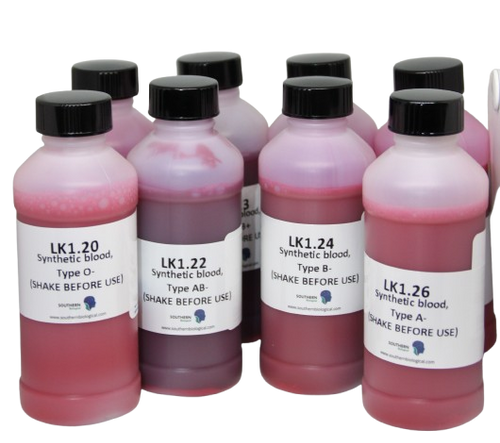Japan may have just changed the future of medicine. In a move that could redefine emergency care and trauma response, Japanese researchers have successfully developed artificial blood that works for all blood types. This isn’t science fiction—it’s a scientific leap that could solve one of modern medicine’s most persistent challenges: blood type compatibility.
Why Artificial Blood Matters
Blood transfusions save lives every day, but they’re not as simple as topping off a tank. Blood type compatibility is a critical issue—giving someone the wrong type can be fatal. Matching blood types takes time, and blood shortages are a global issue, especially in remote areas or during large-scale disasters.
That’s why artificial blood that works for all blood types is such a monumental breakthrough. It eliminates the need for blood matching and has the potential to become a reliable, on-demand blood source.
The Breakthrough Explained
The team behind the discovery, led by Japan’s National Defense Medical College, engineered artificial red blood cells with hemoglobin and platelets encased in liposomes—tiny, fat-based particles. These mimic the function of real human blood without the immune system rejecting them, regardless of the recipient’s blood type.
In lab tests and animal trials, this universal artificial blood carried oxygen and helped blood clot, mimicking both key functions of real blood. Most importantly, it worked across different blood types with no adverse reactions.
Implications for Emergency Medicine and the Military
The applications are huge. Emergency responders could carry artificial blood without needing to know a patient’s type. Military medics could treat wounded soldiers on the battlefield instantly. Rural clinics or disaster zones could stock it without the need for refrigeration or complex logistics.
And for patients with rare blood types, this breakthrough could be the difference between life and death.
What’s Next?
While this artificial blood that works for all blood types has yet to undergo human clinical trials, the early results are promising. Regulatory approval will take time, but Japan’s progress has pushed the global conversation forward.
Final Thoughts
This development isn’t just a win for Japan—it’s a win for the world. If clinical trials confirm what early tests show, we could soon live in a world where blood shortages and compatibility concerns are a thing of the past.



